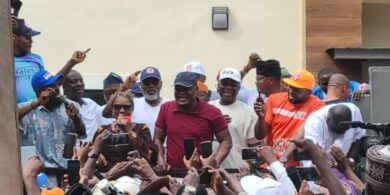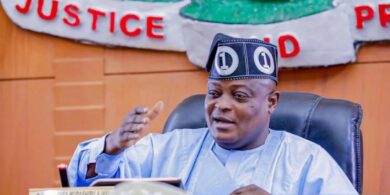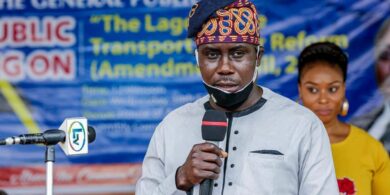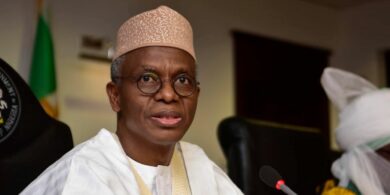Ondo, Edo, Enugu, 13 other states want Supreme Court declare EFCC illegal

On October 22, the Supreme Court will hold a hearing in response to a lawsuit brought by sixteen state governments challenging the legality of the statutes creating the Economic and Financial Crimes Commission (EFCC) and two other bodies.
The date was established by a seven-member panel of justices headed by Justice Uwani Abba-Aji, who had granted permission for the states to join as co-plaintiffs and for the consolidation of the case, which had been originally filed by the Attorney General of Kogi State.
Participating states in the lawsuit are Ondo, Edo, Oyo, Ogun, Nassarawa, Kebbi, Katsina, Sokoto, Jigawa, Enugu, Benue, Anambra, Plateau, Cross-River, and Niger. The lawsuit is designated SC/CV/178/2023.
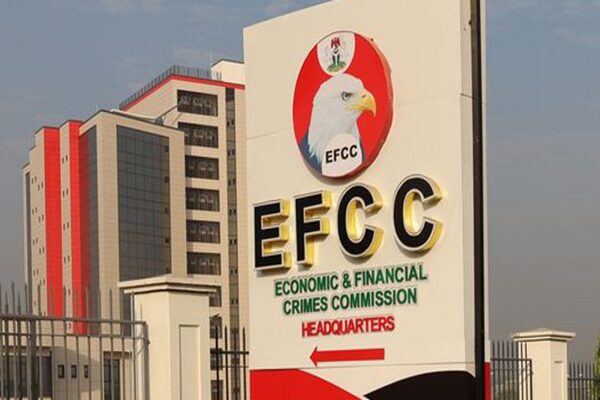
The states argue that any law that conflicts with the constitution is null and void, and that the constitution is Nigeria’s ultimate law.
Citing Joseph Nwobike v. Federal Republic of Nigeria as precedent, they contend that the UN Convention against Corruption was incorporated into the EFCC Establishment Act without following the required constitutional provisions.
The plaintiffs argue that the enactment of the EFCC Act in 2004 did not comply with Section 12 of the 1999 Constitution, as amended.
This section requires that a majority of the state Houses of Assembly must consent to bringing any convention into Nigerian law.
The plaintiffs assert that such consent was not obtained, rendering the law, as enacted, inapplicable to states that did not approve it.
During Tuesday’s proceedings, lawyers representing the states presented their submissions, with the majority seeking to join as co-plaintiffs.
Two states requested the court’s approval for case consolidation. Kogi’s AG counsel, Abdulwahab Mohammed, informed the court of the interests expressed by various states regarding their participation.
Justice Abba-Aji granted the requests for joining co-plaintiffs and for consolidation, thereby simplifying the court’s task moving forward. The matter has now been adjourned until October 22 for further hearings.
The Kogi State Attorney General, as the sole plaintiff in the suit, has raised six critical questions for determination and is seeking nine specific reliefs.
Among these requests is a declaration that the federal government, through the Nigerian Financial Intelligence Unit (NFIU), lacks the authority to issue directives or guidelines concerning the administration and management of Kogi’s funds.
They also seek a declaration that the EFCC, NFIU, or any federal agency cannot investigate or take any action regarding offenses related to the management of Kogi’s financial resources.




